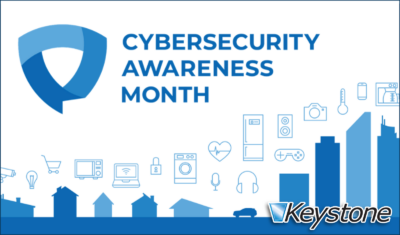I had a client ask me if he could provide a mobile phone to his employee without any tax implications. I froze for a moment because it has been a long time since I have even thought about it. Having a mobile phone and using it from the time we wake up to the time we go to bed is standard in a lot of workplace environments. It is often standard-issue… here is your work space, your computer, and your smartphone… be available 24/7!
 As the IRS is prone to do, they are constantly reviewing the taxability of potential fringe benefits. That being said, I told my client I would do my research, freshen up on the rules and get back to him.
As the IRS is prone to do, they are constantly reviewing the taxability of potential fringe benefits. That being said, I told my client I would do my research, freshen up on the rules and get back to him.
So here is what I found…
Generally speaking, employer provided mobile phones are not a taxable benefit. Some new IRS rules for taxation of business and personal use of employer provided mobile phones are effective retroactive to January 1st, 2010. The service must be provided for “noncompensatory business reasons.” In other words, if you are providing a phone to someone to be available 24/7, with no additional compensation, this is not a taxable benefit.
Or, using the IRS’ (longer) definition, they define “noncompensatory business reasons” as those that have a substantial business-related reason including, but not limited to:
- The need to contact the employee at all times for work related emergencies
- A requirement that an employee be available to speak with clients/customers when the employee is away from the office; and
- The need to speak with clients/customers located in other time zones at times outside of the employee’s normal work day
If an employer requires an employee to maintain and use personal cell phones for business purposes and reimburses them at a reasonable rate to cover their base monthly cell phone charges, the reimbursements are also tax free. Tax free treatment does not apply to the reimbursement of unusual or excess expenses or for payments that are substitute for regular wages.
The IRS also points out some reasons that do not qualify as substantial business-related reasons. These include, but are not limited to:
- Promoting employee morale or good will
- Attracting prospective employees; or
- Giving additional compensation to an employee
Bottom line, the IRS understands that a lot of business is done over mobile phones, including during non-traditional work hours. Businesses all need to pay attention to the taxability and non-taxability rules of mobile phone benefits. It is my experience that more times than not, the “noncompensatory business reasons” can be met and therefore, keep cell phones provided for employees as a non-taxable benefit.




